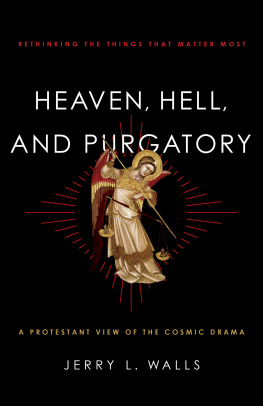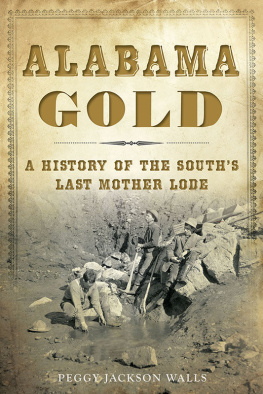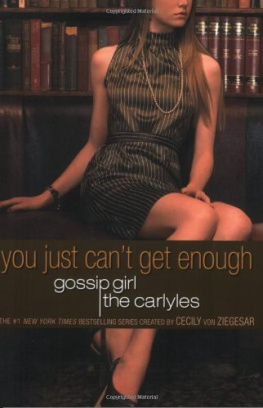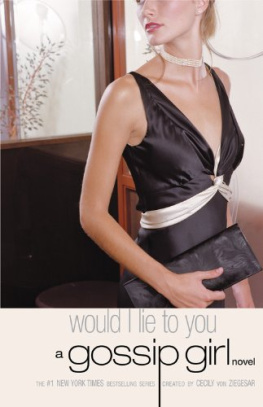diSh
how gossip became
the news and the
news became just
another show
JEANNETTE WALLS

For John,
with love
and gratitude
CONTENTS

My reaction to having our speaker today at the National Press Club was the same as a lot of other members, Doug Harbrecht, the clubs president and Business Weeks Washington bureau chief, told the two hundred journalists gathered before him on the afternoon of June 2, 1998. Why do we want to give a forum to that guy?
That guy was Matt Drudge, who, said Harbrecht, mucks through the hoaxes, conspiracies, and half-truths posted on-line in pursuit of fodder for his website. Six months earlier, Drudge had posted the sordid story that had subsequently exploded into the biggest political scandal since Watergate. But while journalists had gloried in the heroic part they had played in Watergate, most reporters were repulsed by their role in the Lewinsky affair. Despite charges of Clintons alleged perjury and obstruction of justice, this story was driven not by issues or by questions of national security and the abuse of powerbut by sex. It was the stuff of gossip columns. Yet because the scandal dominated the news for months, Matt Drudge, who never studied journalism and had never worked for a news organization, became one of the bestknown reporters in the country. Matt Drudge was the personification of how scandal had hijacked the newsand those in the establishment media hated him for it.
So, Matt, know this, said Harbrecht. There arent many in this hallowed room who consider you a journalist. Real journalists pride themselves on getting it first and right; they get to the bottom of the story, they bend over backwards to get the other side. Journalism means being painstakingly thorough, evenhanded, and fair. Now, in the interest of good journalism, lets hear Matt Drudges side of the story.
An awkward moment of silence followed, and then polite applause. Matt Drudge stepped up to the podium. He was only thirty-one years old, a young man dressed in old mans clothes: a cream-colored suit with unfashionably wide lapels, a blue shirt and striped tie, and tortoiseshell glasses. He was pale with a somewhat asymmetric face and small but intense dark eyes. He somehow appeared more vulnerable without his trademark fedora, which made him look more like a vaudeville character than a pasty-faced, self-described computer geek with a slightly receding hairline.
Applause for Matt Drudge in Washington at the Press Club, Drudge joked. Now theres a scandal. He was nervous at first, but just as his voice was about to falter, he reached over and grabbed his fedora and placed it on his head. With his talisman, this relic that evoked populist tabloid journalism of Walter Winchells days, Drudge found his voice. For the next forty minutes, he spoke passionatelyif not always eloquentlyabout his love of journalism, about the importance of the unfettered flow of information, about how scandals, while sometimes ugly, were important to democracy and to individual liberty. Drudge spoke of being a loner, a little guy in a business dominated by conglomerates, about the importance of persevering to tell the truth, even when it embarrassed and infuriated powerful people.
Freedom of the press belongs to anyone who owns one, he said, quoting the legendary journalist A. J. Liebling. The Internet, Drudges medium, was a great equalizer, he insisted. Now, everyone who owned a laptop and a modem could be a publisher and a reporter, a citizen reporteras Drudge called himself. He looked forward to the day, he said, when everyone in America would have an equal voice and the country would be vibrating with the din of small voices. The Internet was going to save the news, he declared: Its freedom of participation absolutely realized.
Many journalists in the crowd were unimpressed. It was that elitism, those rules, they maintained, that had long kept lurid, irresponsible stories like Drudges out of the press. The real reason that Matt Drudge had come to Washington that day, most of them knew, was that he was being forced to testify in his own defense in a $30 million libel lawsuit. Drudge had inaccurately reported that Sidney Blumenthal, a former journalist who had become an aide to President Clinton, had beaten his wife. Soon after he posted the erroneous item, Drudge posted an apology and correction. But he had made plenty of other bloopers, as well: He had posted items saying that Clinton had a bald eagle tattoo in his genital region, that Independent Counsel Kenneth Starr had seventy-five pictures of Bill Clinton and Monica Lewinsky together, and that Hillary Clinton was about to be indicted. He once estimated that he is accurate eighty percent of the time.
Could you succeed as a journalist, someone in the crowd wanted to know, if you worked for an organization which required an accuracy rate of one hundred percent?
I dont know what organization that would be, Drudge shot back.
There was some embarrassed laughter, and then applause. Despite Harbrechts pronouncements about high standards of journalists, Matt Drudge and everyone else in the room knew that by the late 1990s, the media was in a state of absolute crisis. The always fuzzy line between news and gossip had become a complete blur. Tabloid topics and sensationalism repeatedly overshadowed serious news. It wasnt Drudges mistakes that angered many in the crowd; it was the stories he got right: Clintons trysts with Monica Lewinsky; the semen-stained dress; the infamous cigar. With the Internet, characters like Drudge could pursuewithout the constraints and rules imposed by editors and institutionsscandals that were too juicy to ignore and too tawdry to explore. Matt Drudge was the future of journalism. And everyone else in the room was being forced to follow him.
The publication and dissemination of scandalous information about the rich and powerful has existed almost as long as the written word. Cuneiform tablets from the fifteenth century B.C. discuss allegations that a Mesopotamian mayor was committing adultery with a married woman. But the commercial publication of scandal and gossip as we understand it today began in the 1830s, with the Industrial Revolution and the birth of the penny press. Although these papers were filled with scandal, their information usually came from official sources, such as court proceedings and arrest records. The late nineteenth century saw the debut of the Society column, which contained informationdescriptions of yacht trips, guests lists at debutante ballsthat was usually sanctioned by the subjects.
Walter Winchell is often credited with inventing the modern gossip column by printing private and sometimes salacious information about famous people. Although some of the tidbits in Winchells gossip column was the stuff of the old society columns, Winchell mixed in scandalous, unofficial information about pregnancies, divorces, and liaisons that riveted his readers. When Winchells column first appeared in the 1920s in the struggling New York Graphica newspaper that would make modern-day tabloids look respectableother editors saw what Winchells column did for circulation and were quick to start up their own gossip columns. Soon, most newspapers in the country were carrying at least one gossip column and many had four or more. Throughout the 1930s and 1940s, gossip columns were an integral part of the news, and gossip columnists were loved and even respected by the public. At his peak in the 1940s, Winchell reached an estimated ninety percent of the American public through his columns and radio broadcasts, and was said to be, outside politics and religion, the most powerful man in the world.
Next page











